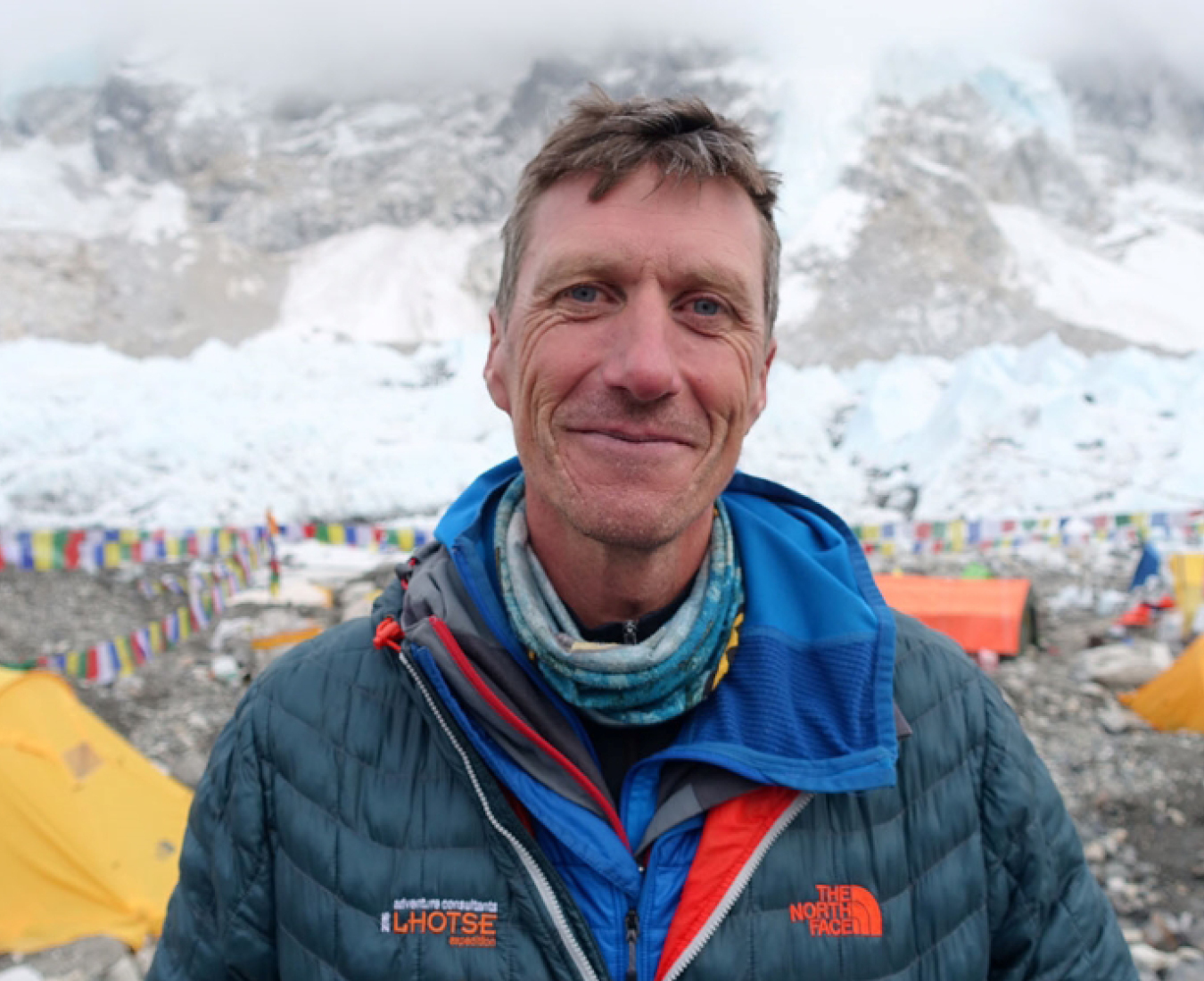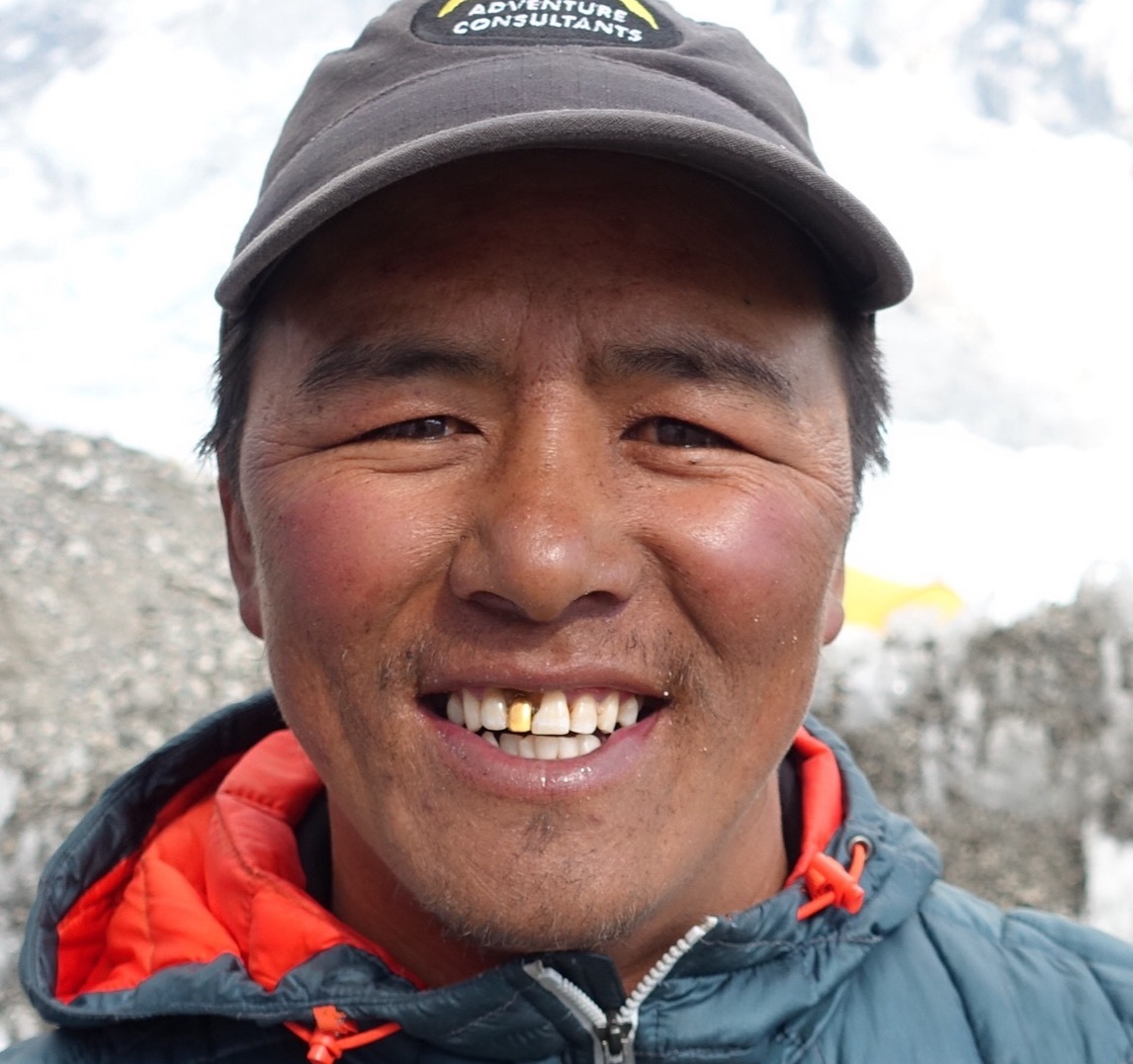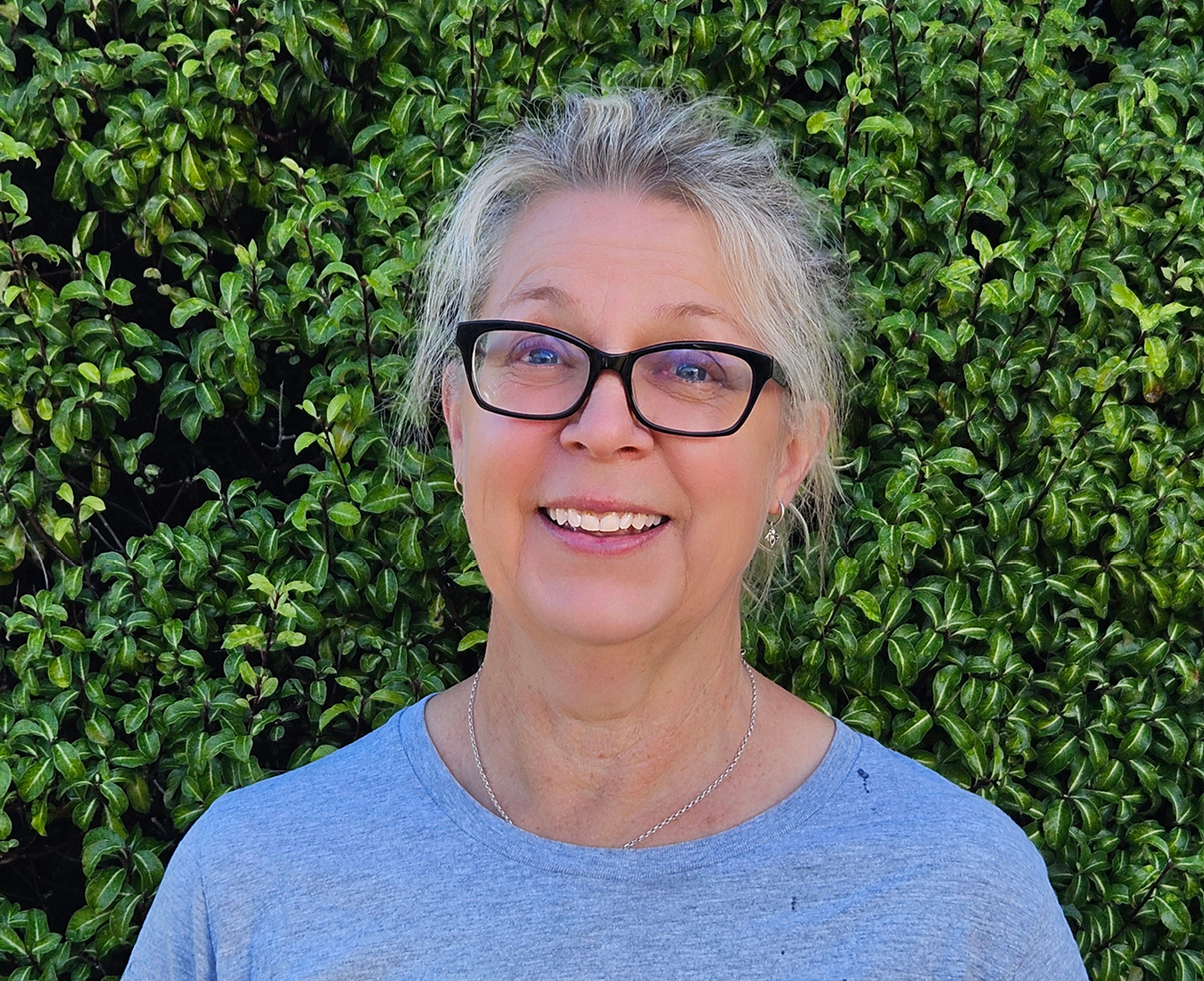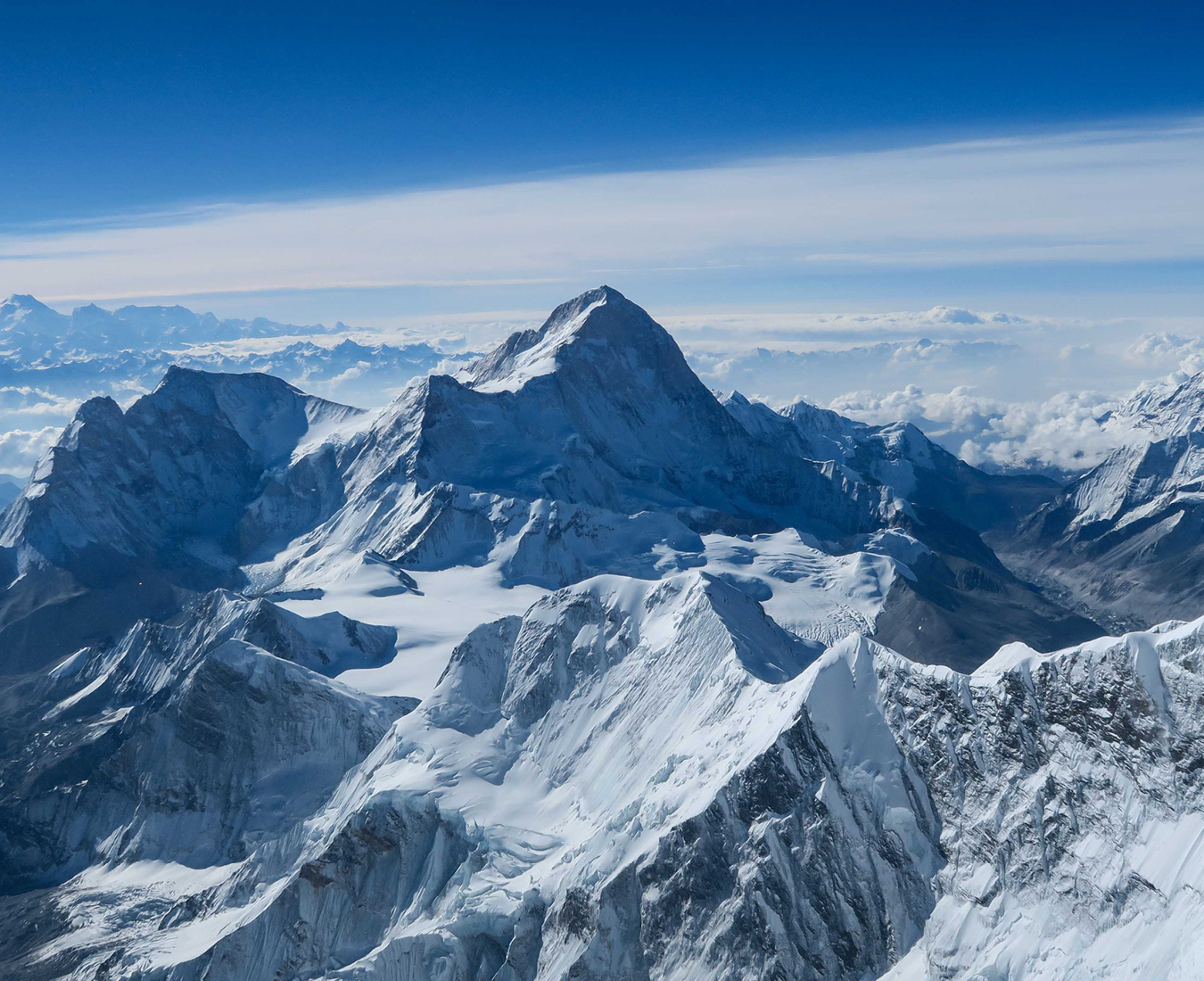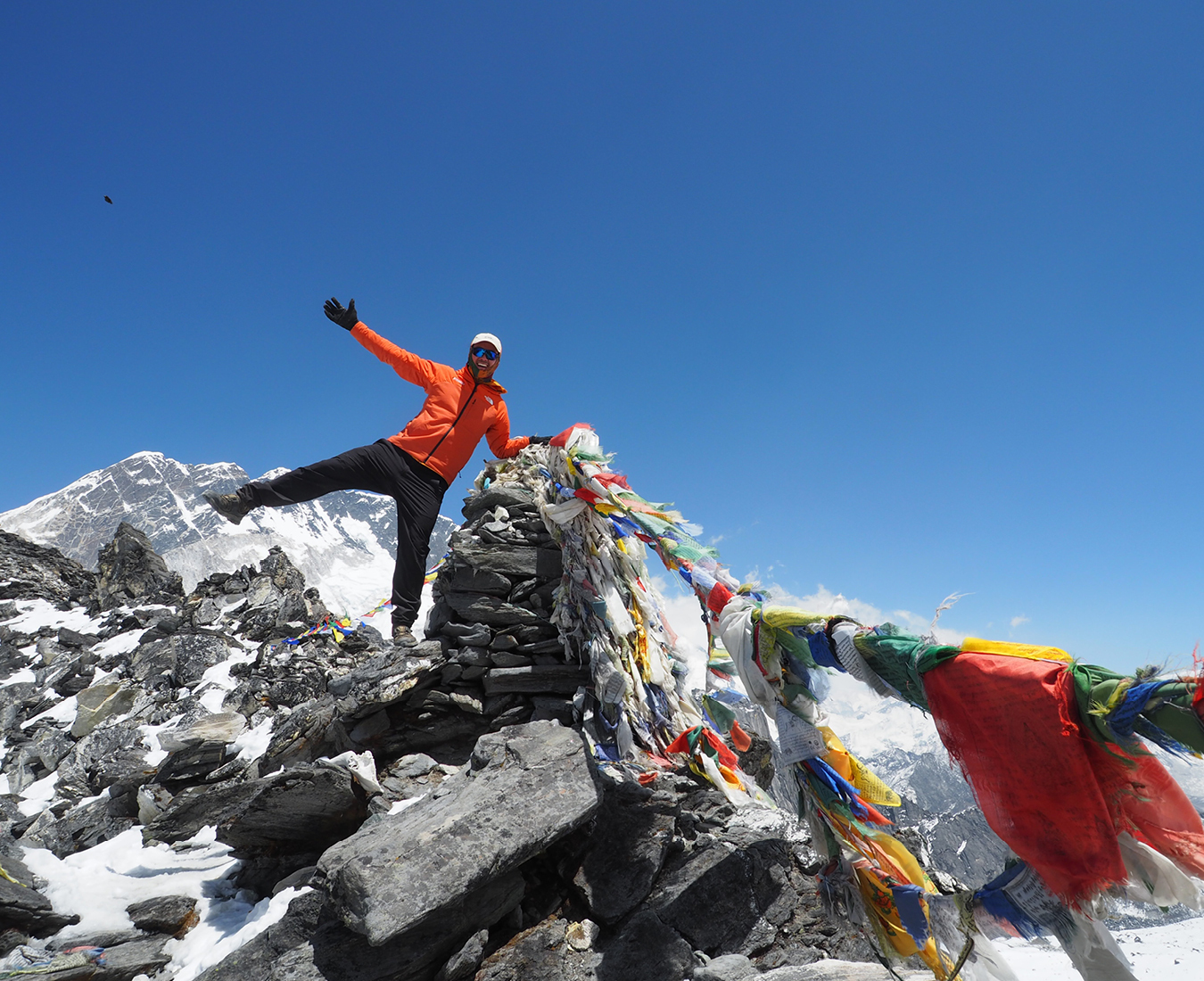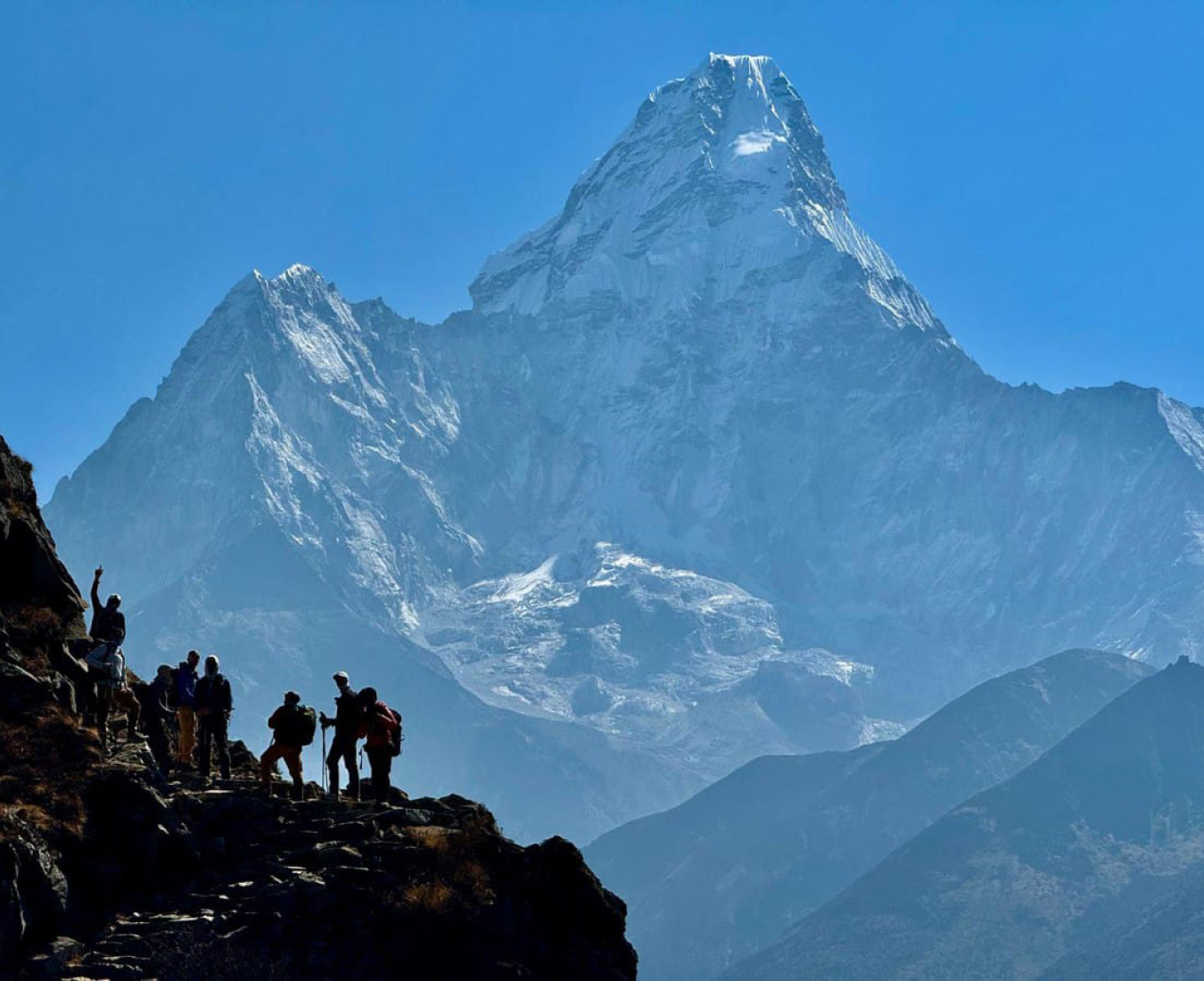The need for exceptional physical fitness cannot be over-emphasised. A regular, strenuous programme must be followed for many months to achieve the level of fitness required. We recommend a training programme tailored to mountaineering such as those from Uphill Athlete.
The fourth highest mountain in the world, Lhotse is an exhilarating climb that follows the Everest climbing route up the Lhotse Face before the route steepens to follow an icy gully to the summit.
The expedition benefits from the infrastructure we have for our Everest expedition and is therefore well resourced and supported. Climb Lhotse as a standalone expedition, add-on to Everest, or as part of the 'Triple Crown': Everest, Lhotse and Nuptse in one expedition.
The Adventure Consultants’ Lhotse Expedition takes advantage of our famous Everest Base Camp as a jumping off point to ascend the Khumbu Icefall and enter the Western Cwm. We follow this up to Camp Two, surrounded by the towering flanks of Nuptse, Lhotse and Everest’s South West Face.
The route steepens as we climb the icy Lhotse Face to Camp Three then on through the Yellow Band to Camp Four. 600m/2,000ft of climbing up an icy gully follows, sometimes with rocky sections that keep you on your toes, making this a challenging ascent.
You have the option of joining the expedition specifically to climb Lhotse, or as a combo climb, making the ascent directly after your Everest summit from South Col.
- Climb the world’s fourth highest mountain
- Or combine an ascent of Everest with Lhotse
Climbing Ability
Climbing Ability
Advanced
Elevation
Elevation
8,516m/27,939ft
Duration
Duration
56 days
Location
Location
Nepal
| Arrive in Kathmandu, Nepal |
| Kathmandu preparations |
Fly to Lukla 2,860m/9,383ft
| Trek to Base Camp 5,300m/17,400ft |
Establish camps and acclimatise
Rest Period
Summit Climb Period
Clean up
Trek to Lukla
Fly back to Kathmandu
Depart Kathmandu

Departures and Pricing
| Start/End | Departing from | Quantity | Pricing | Notes | Book |
|---|---|---|---|---|---|
| 9 Apr - 3 Jun 2024 | Kathmandu, Nepal | Lhotse Only | $44,000 USD $ | Book Now | |
| 1 Apr - 3 Jun 2024 | Kathmandu, Nepal | As an Everest add-on | $24,000 USD $ | Book Now | |
| 12 Apr - 2 Jun 2025 | Kathmandu, Nepal | Lhotse Only | $44,000 USD $ | Book Now | |
| 8 Apr - 2 Jun 2025 | Kathmandu, Nepal | As an Everest add-on | $24,000 USD $ | Book Now |
Looking for a specific date? Book a private expedition
PREPARE
You must be able to efficiently climb ice, snow and rock terrain, multiple days in a row. Climbers will ideally have a broad set of climbing skills from basic rock climbing to advanced cramponing on snow and ice and strong rope skills such as rappelling and rope ascending. You should be comfortable with camp craft and self-care at high altitude.
Prior ascents of multiple 6000-7000m peaks are required (such as Denali, Aconcagua, Peak Lenin, 6,000m peaks in Nepal, and/or the Ecuador Volcanoes).
When you climb Everest with Adventure Consultants you'll join a small team of companionable people who are focused on reaching the summit in good style with the highest level of support and safety standards possible. You'll enjoy the best standards of food and equipment that are attainable - not just at Base Camp, but where it counts the most; on the mountain.
Our methodology and tactical approach to climbing Lhotse has seen us achieve the highest success rates and our extensive experience gives us the edge when it comes to the big decisions. We provide a consistently higher Sherpa and Guide ratio than any other operator, resulting in more support and backup for your summit attempt and therefore a greater safety margin and chance of success.
In the interests of giving you the most optimal chance to summit, we limit our team size to ensure the team summits on the best weather day; sometimes there is only one summit day! Large teams offering cheap climbs often miss out as they split their groups over several potential summit days.
Our guides are seasoned professionals certified by the International Federation of Mountain Guides Associations (IFMGA) to ensure your safety throughout the expedition. Our experienced Sherpa team is enthusiastic, motivated, and regarded as the strongest and most cohesive group of Sherpas on Mount Everest. They have dozens of Everest summits between them.

You'll benefit from a higher flow of oxygen than other expeditions (sleeping on 1l/min and climbing on 4l/min), maximizing safety and success. Your overnight gear will be carried between camps, meaning you only carry what you need for the day.
We provide a dedicated Base Camp doctor - proven to make a crucial contribution to our success rate and the well-being of the team members. Our Base Camp Manager ensures the smooth running of the expedition.
Our Expedition Chef and cooks are regarded as the best in the business, providing wholesome and appetising meals with a range of menus to suit all your food requirements. Meals on the mountain are also of the highest standard and designed to sustain you for the rigours of the ascent. For those with specific needs, we can cater to special dietary requirements.
For three decades we have been at the forefront of providing the most current communications systems for our expeditions. These deliver comprehensive weather forecasts from our Swiss meteorologists which enable us to plan our ascent around favourable weather. Additional meteorological interpretation provided by veteran 8,000m guides through our head office in New Zealand helps manage the decision-making process. Our Wi-Fi data connection allows you to keep in touch throughout the expedition from the comfort of your tent or our Base Camp lounge.
The comfortable Base Camp environment and the quality of food is legendary. On the mountain, our camps are comfortable but not excessive - eliminating unnecessary additional loads to be carried through the icefall.
The price of your trip includes the following:
- 1:6 Western guide ratio
- 1:1 Sherpa to climber ratio on summit day
- High Flow Bottled oxygen
- Personal equipment carried on the mountain
- Helicopter flights Kathmandu-Lukla and return
- Expedition Base Camp Doctor
- High-end Base Camp and mountain camps
- Excellent food and catering
- Wi-Fi at Base Camp
- Regular dispatches for families and friends to follow your expedition updated daily by guides and Base Camp staff, and semi-hourly on summit day
- Comprehensive support from our New Zealand office team.






